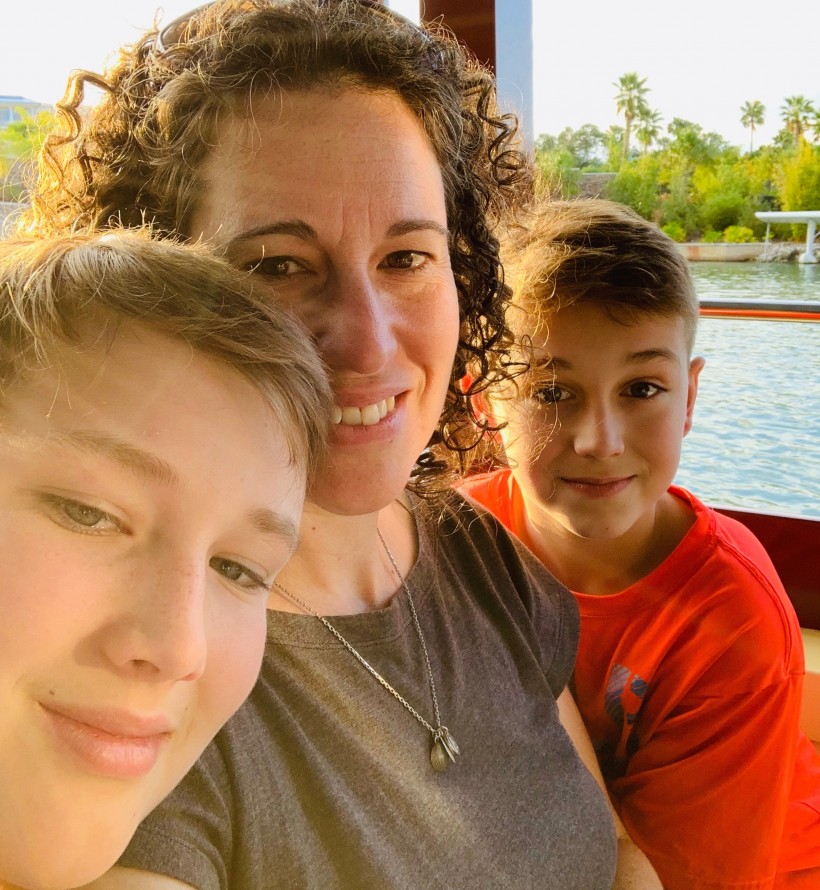Tick deterrent maker AtlanTick has expanded its product offering to include a set of wearable lava bead accessories that absorb tick spray and release it over the course of several days.
The latest expansion comes on the heels of three years of triple-digit sales growth for the Nova Scotia company, which recently moved its manufacturing operations to a new facility in the town of Blockhouse.
Founder Lisa Ali started AtlanTick Repellent Products in 2017 after her two sons contracted Lyme Disease. Her sprays -- which she bills as more environmentally friendly than DEET -- are mixtures of essential oils that were developed with the help of Acadia University biochemist Nicoletta Faraone.
“Its really nice to see more people out there being educated [about the dangers of Lyme Disease],” she said in an interview. “One of our biggest goals is to help educate people, while also providing a natural product to go along with it.”
The new plant represents a milestone for Ali and her team, who were previously manufacturing out of her home. The process is now largely automated and requires only a handful of staff.
She said that the move was motivated by a need to scale up production, as demand continues to climb.
All of AtlanTick’s oils will still be sourced in Canada, although the lava rock is purchased internationally, on account of a dearth of Canadian supply.
Most of AtlanTick’s sales happen in spring, at the beginning of tick season. This year, AtlanTick’s payroll peaked at seven employees. Now that the manufacturing push has finished, Ali has downsized to five staff while she focuses on research and development.
“It’s really fun to try to solve a problem that the public has, using a product that you’re creating,” she said.
Her latest initiative is to create a spray capable of being certified as a pesticide by Health Canada. Current AtlanTick offerings are about 85 percent effective, but her team needs to reach a 95 percent threshold to be eligible for certification.
The currently available AtlanTick compounds are branded as “outdoor sprays” to comply with regulations, and Ali said her company explicitly does not claim that its products are insect repellents.
The certification process, though, has been delayed by COVID-19. Ali had originally hoped to have an officially recognized insecticide on the market by 2021, but it is now unclear whether that will happen.
AtlanTick shuttered its operations during the Nova Scotia lockdown, and work at biochemist Faraone’s laboratory has only recently resumed. Health Canada, meanwhile, is grappling with its own pandemic backlog.
But the company’s products are already available via several major retailors, including Sobeys, Lawtons and PetSmart.
Ali had also explored a US expansion, but axed those plans after finding the business climate inhospitable. Instead, she is preparing to move into the European market, where governments and consumers appear more receptive to green product offerings.
She is considering approaching angel investors to help scale up the company, but does not plan to pursue venture capital in the immediate future.
“We’re working on our cash flow right now for the next couple years,” she said. “And then we’re going to look into what all the possibilities are.”










